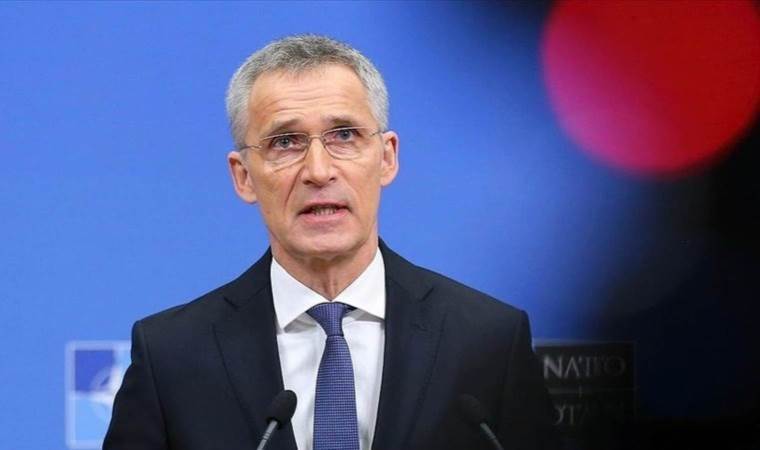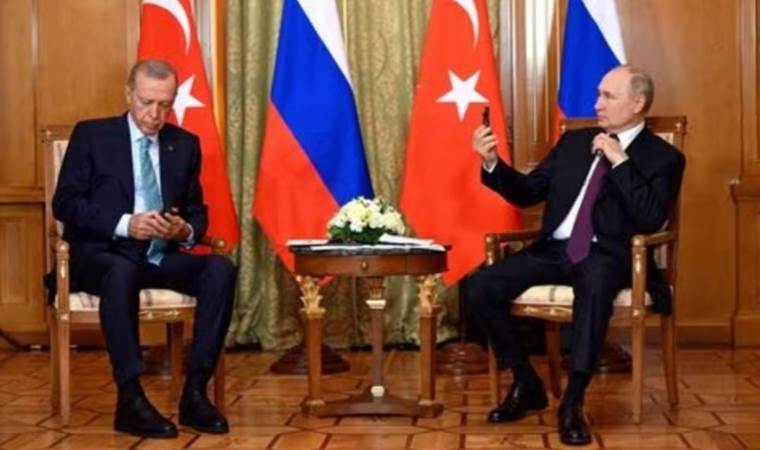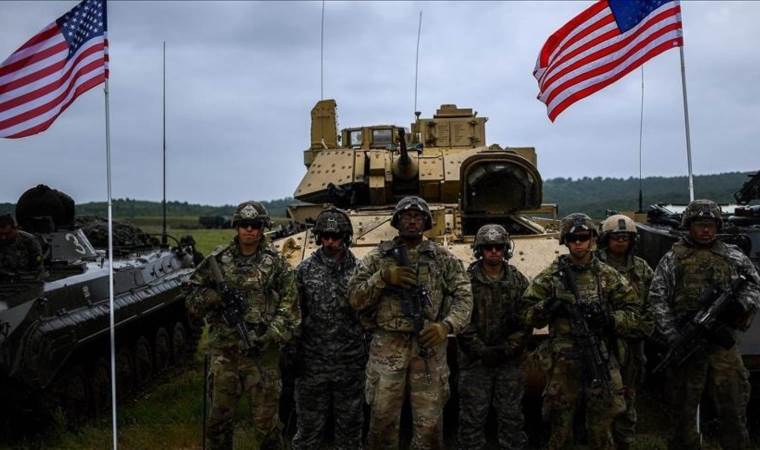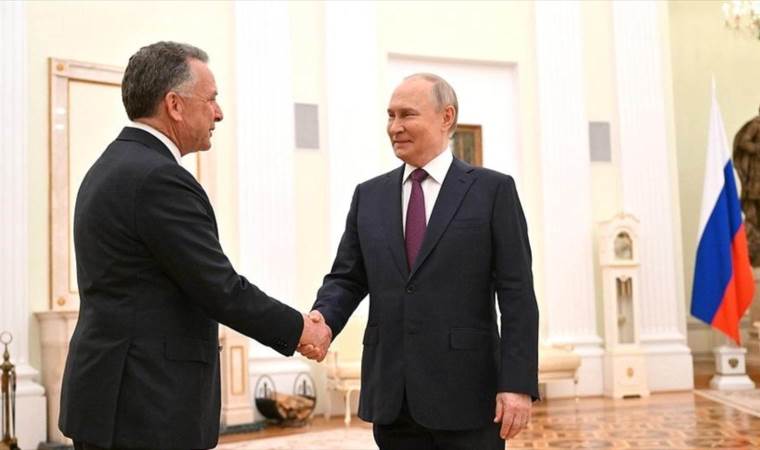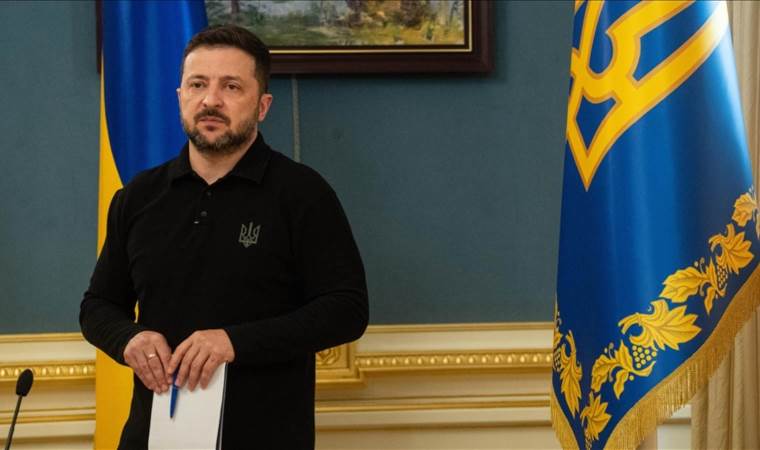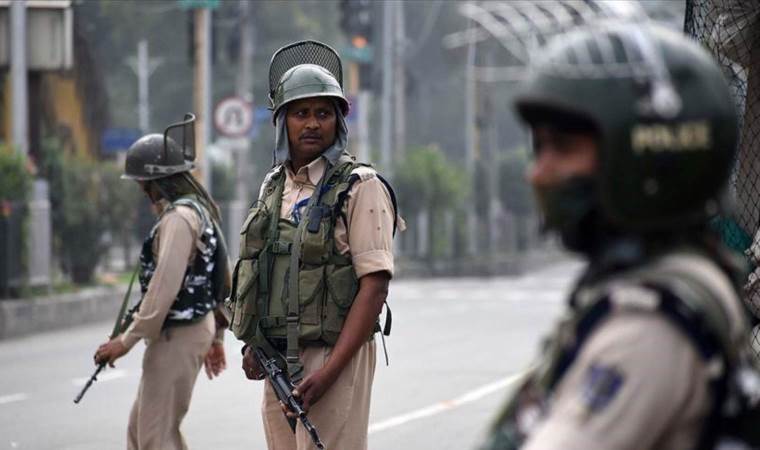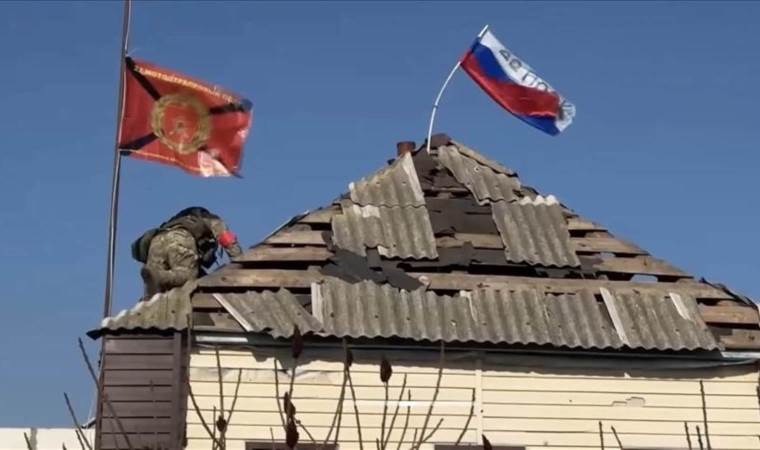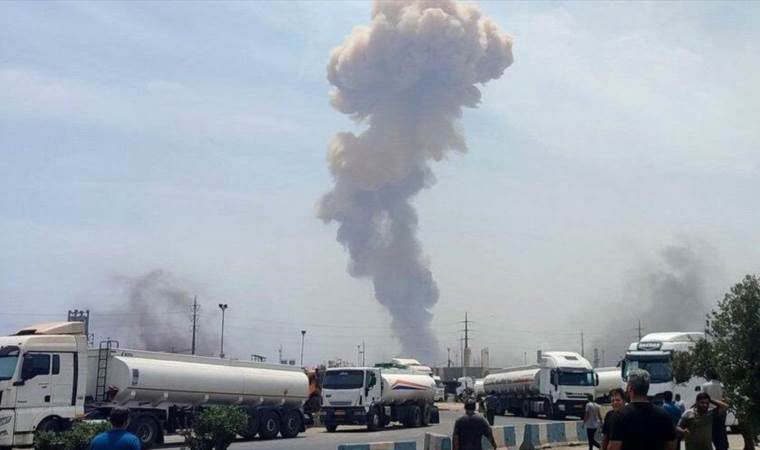Turkey joins Europe's air defense effort: Aiming for a unified sky shield
Germany's Defense Minister, Boris Pistorious, has announced that Turkey and Greece are set to join the European Sky Shield Initiative (ESSI). This move, following the U.S. approval for F-16 sales to Turkey, marks a significant stride in bolstering NATO alliances.
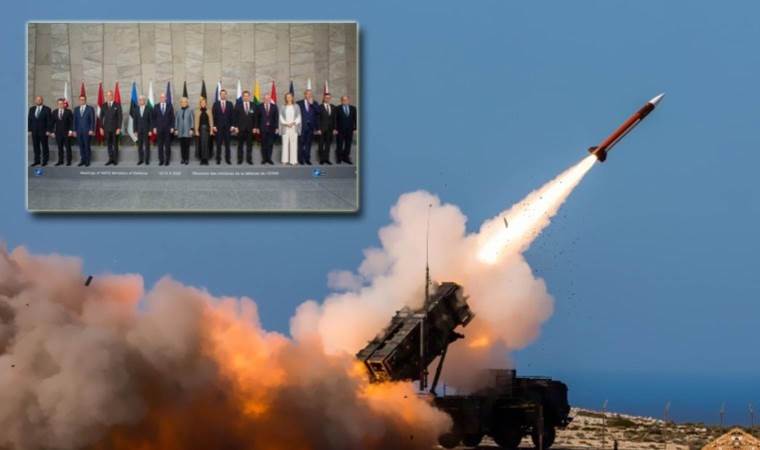
Pistorious made this announcement before a NATO defense ministers' meeting in Brussels, stating, "Today, ESSI grows with two new members. We welcome Greece and Turkey."
Led by Germany, the initiative has seen considerable success over the past two years. It focuses on jointly procuring and operating air defense systems. Pistorious emphasized the importance of system compatibility, which facilitates coordinated use and streamlines training and exercises.
Launched in response to Russia's invasion of Ukraine, ESSI aims for European countries to collectively purchase defense systems and conduct joint exercises.
Turkey's Involvement: A Path to Normalization
Turkey's acquisition of Russian S-400 air defense systems in 2019 strained relations with the U.S. and other NATO allies. This move, coupled with diplomatic tensions, led to a decline in defense industry cooperation with NATO partners.
However, relations began to normalize about four years later, with Turkey approving Sweden's NATO membership among other positive steps. The U.S. greenlit F-16 sales to Turkey, and countries like Canada started lifting their embargoes in the defense sector.
Turkey's participation in ESSI is viewed as a significant step toward mending ties.
Focus Shifts to Eurofighters
Turkey's entry into the Germany-led ESSI could enhance defense cooperation between Berlin and Ankara, especially concerning Turkey's interest in acquiring Eurofighter Typhoon jets. The Eurofighter, developed and produced by the UK, Italy, Spain, and Germany, requires approval from all four countries for sale to third parties.
Following the U.S.'s F-16 sales approval, Turkish Defense Ministry sources expressed ongoing interest in Eurofighters, highlighting the expected positive stance from Germany and ongoing discussions.
Turkish and British defense ministers also signed a declaration of intent to strengthen security and defense cooperation during meetings in Ankara in November, including discussions on Eurofighter sales.
What Does Turkey's Eurofighter Negotiation Mean?
The U.S. administration's parallel approval of F-16 sales to Turkey and F-35 sales to Greece, along with Turkey and Greece's simultaneous acceptance into ESSI, stands out as particularly significant.
ESSI's Goals
ESSI seeks to establish a joint air defense system in Europe with anti-ballistic missile capabilities, addressing concerns about Europe's air defense sufficiency following Russia's aggression against Ukraine.
Chancellor Olaf Scholz proposed the initiative in August 2022, and by October, 15 European countries had signed on to launch the project, aiming to "strengthen NATO's joint air defense in Europe."
Member countries intend to better protect themselves against missile, rocket, or aircraft attacks by jointly procuring, using, and maintaining necessary air defense systems. ESSI plans to implement multi-layered defense systems to counter various missile ranges, incorporating systems like the German IRIS-T SLM, the U.S.-made Patriot, and the U.S.-Israeli Arrow-3.
Current Membership
ESSI now comprises 19 countries, with Turkey and Greece's entry increasing the total to 21. The initiative was initially established by 15 countries, including Belgium, Bulgaria, and the UK, in October 2022. Denmark and Sweden joined in February 2023, followed by Austria and Switzerland in July of the same year.
France has opted out, prioritizing systems developed outside of Europe and expressing concerns over the exclusion of the SAMP-T missile defense system, co-developed with Italy, from the initiative.
Most Read News
-
 Syria says artillery shells fired from Lebanon hit army
Syria says artillery shells fired from Lebanon hit army
-
 US to spend $946B through 2034 to maintain, modernize nu
US to spend $946B through 2034 to maintain, modernize nu
-
 Trump says he is unaware of arrest of Turkish student, s
Trump says he is unaware of arrest of Turkish student, s
-
 Russia says latest round of talks between Putin, US envo
Russia says latest round of talks between Putin, US envo
-
 Kyiv's position on Russian-controlled territories in Ukr
Kyiv's position on Russian-controlled territories in Ukr
-
 9 killed after car plows into Vancouver street festival
9 killed after car plows into Vancouver street festival
-
 India detains 175 in Kashmir after deadly attack as tens
India detains 175 in Kashmir after deadly attack as tens
-
 Russia announces complete liberation of Kursk region fro
Russia announces complete liberation of Kursk region fro
-
 Hunger deepens in besieged Gaza as food supplies run out
Hunger deepens in besieged Gaza as food supplies run out
-
 Death toll from explosion at southern Iran port rises to
Death toll from explosion at southern Iran port rises to
